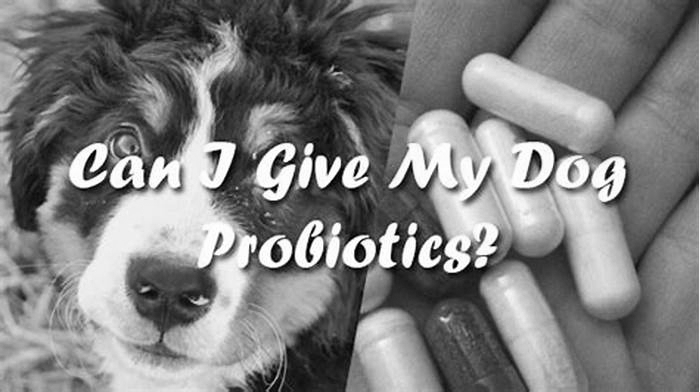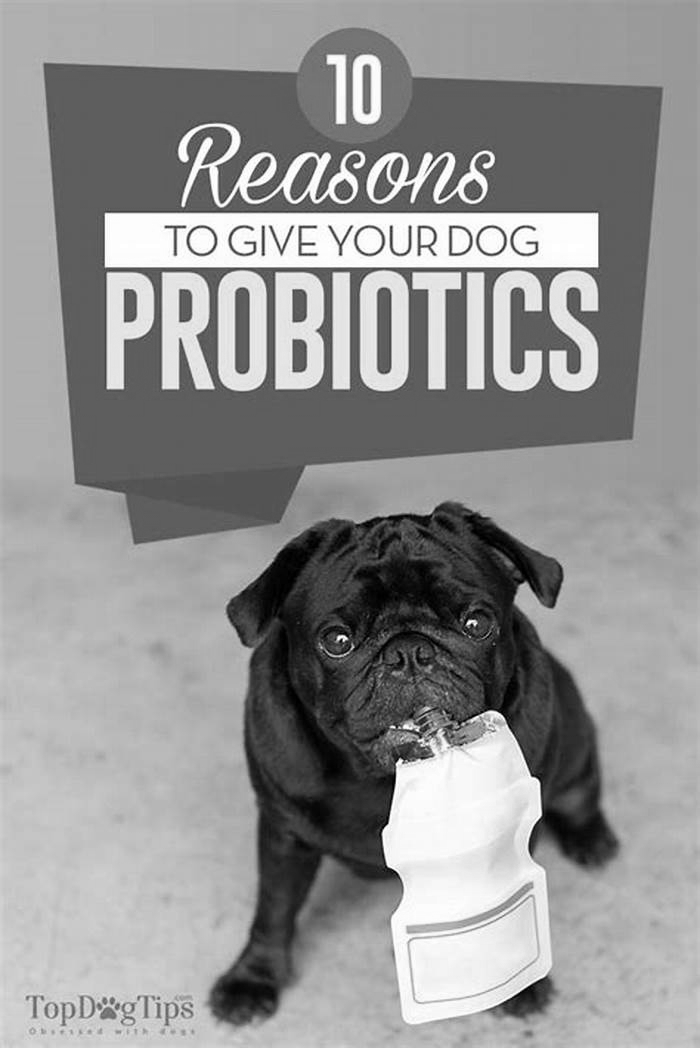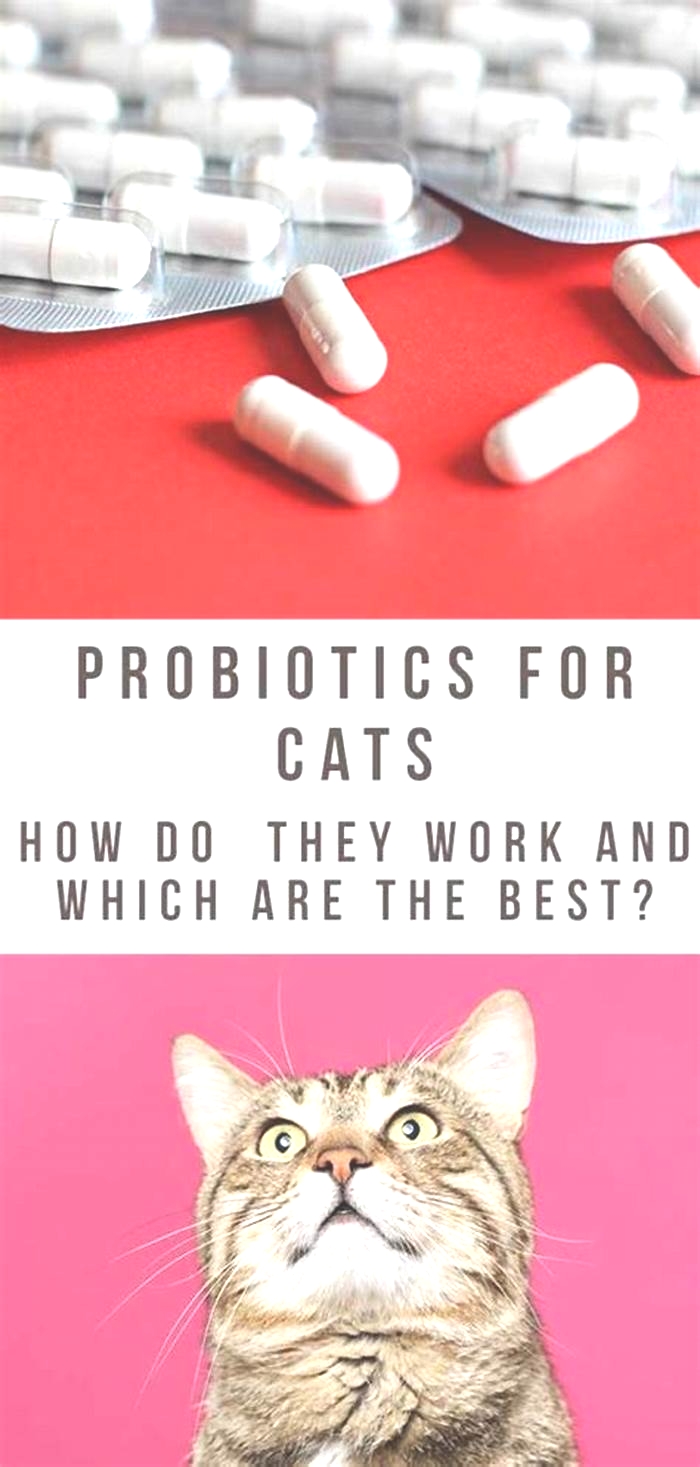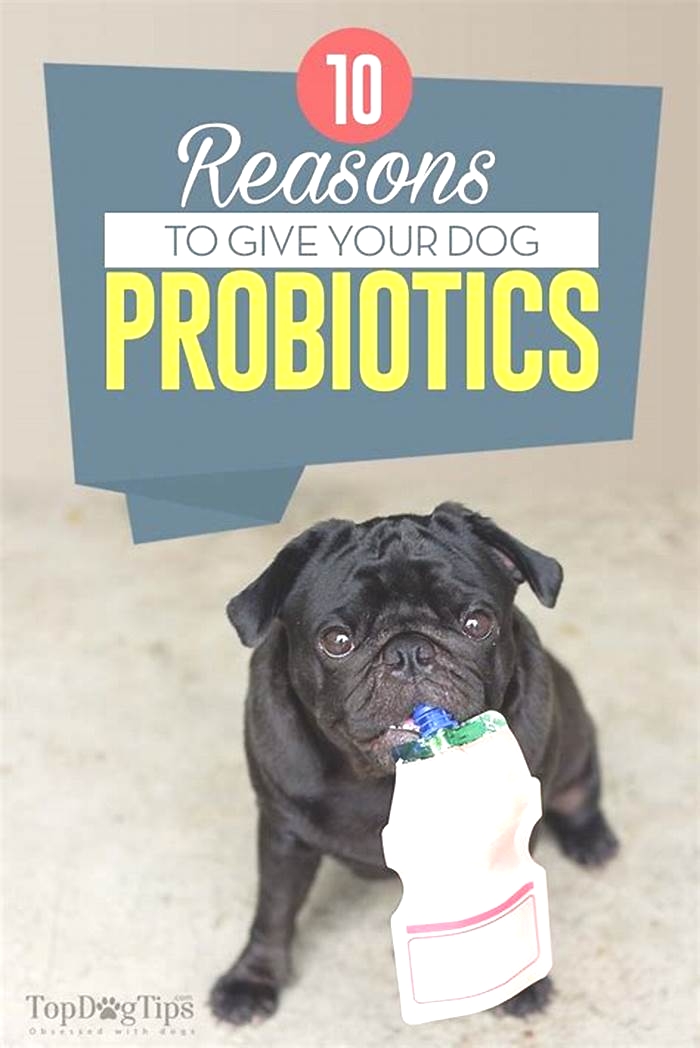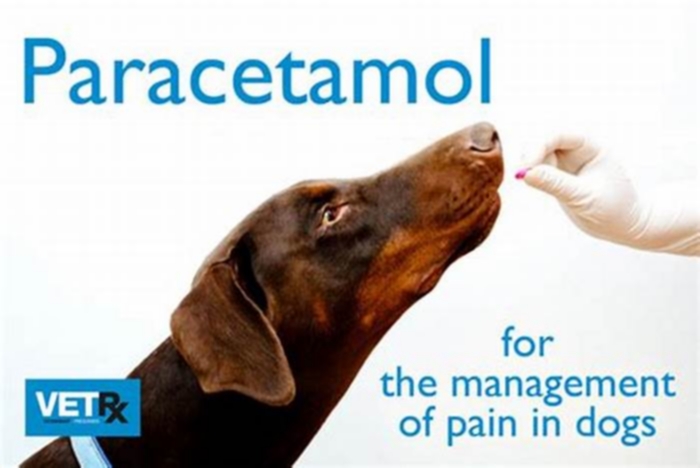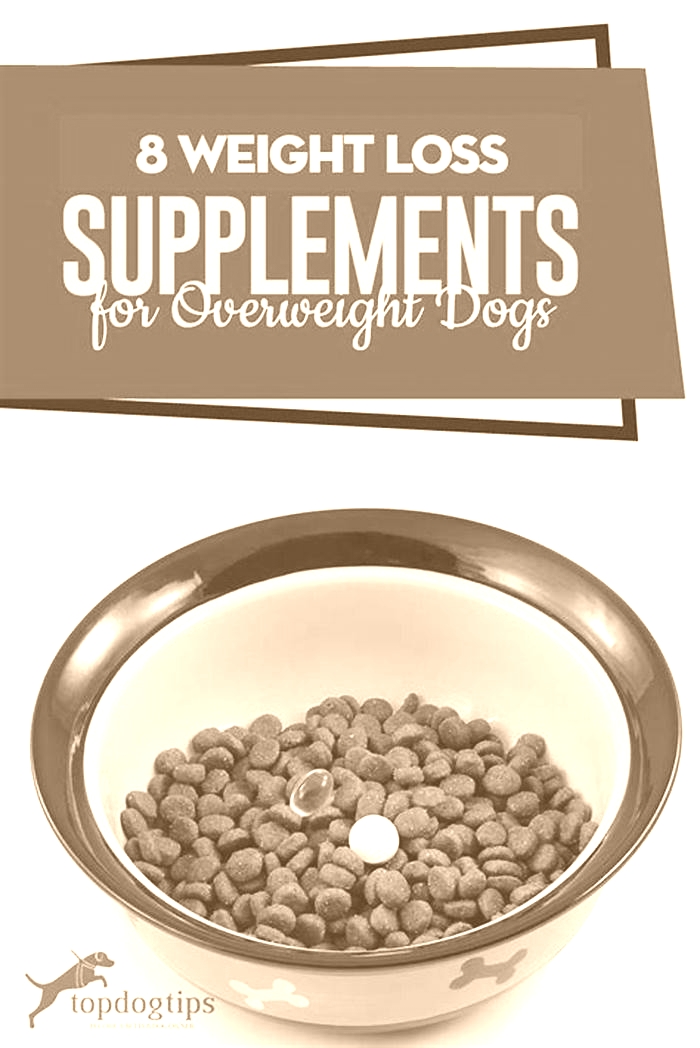Is it okay to give dogs probiotics every day
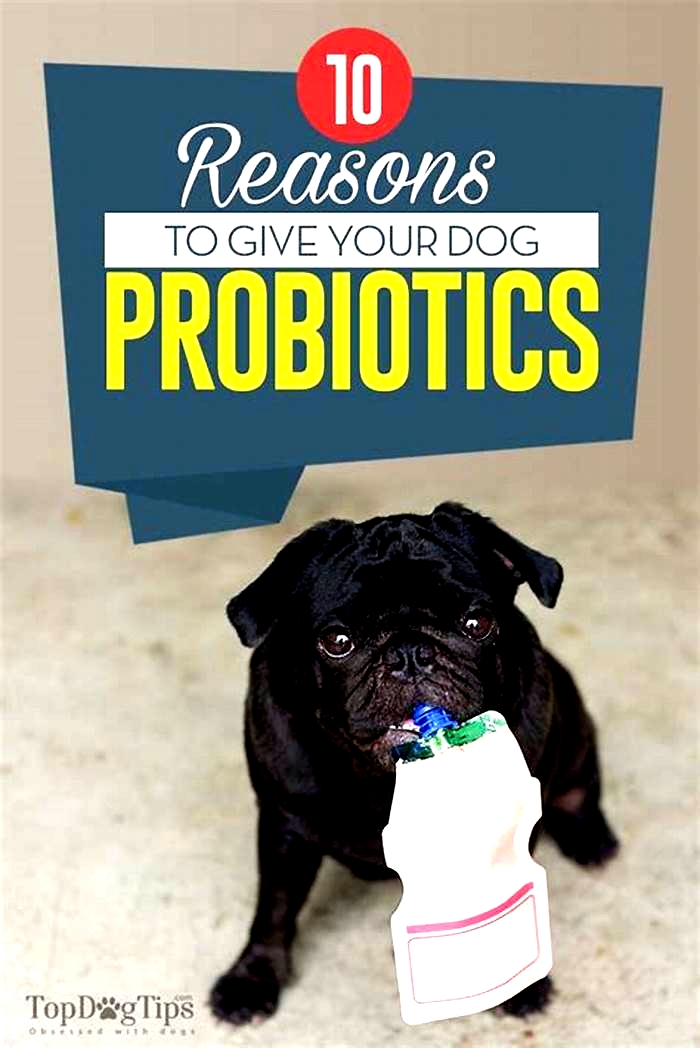
Should I Give My Dog Probiotics Every Day?
Taking care of your dogs health can sometimes seem like a full-time job. Between making sure theyre eating a healthy, nutritious diet, ensuring they have enough stimulation and regular exercise, and scheduling vet check-ups, pet owners certainly have their hands full!
Dog probiotics are a valuable addition to your dogs diet, mirroring the human trend of using these supplements to promote digestive health. But, just as with any dietary supplement, questions arise: Should I give my dog probiotics every day?
In this guide, well explain why you should give your dog probiotics and how often to give your dog probiotics. Weve also included some tips for introducing probiotics to your dogs diet safely and effectively. So, is it okay to give my dog probiotics daily? Lets find out.
Why Give Your Dog Probiotics in the First Place?
Probiotics, often hailed as the "good bacteria," are beneficial microorganisms that can serve various purposes when it comes to improving your dog's overall well-being. Here are some of the key benefits that the best probiotics for dogs can give your pup.
Supporting a Healthy Digestive System
A robust digestive system is the cornerstone of your dog's well-being. Probiotics can help maintain a balanced and healthy gut flora, promoting smoother digestion and nutrient absorption.
These friendly bacteria assist in breaking down food, aiding the absorption of essential nutrients, and preventing the overgrowth of harmful bacteria in the gut. This balance can alleviate digestive issues, such as diarrhea or constipation, and contribute to overall gut health.
Boosting the Immune System
Your dogs gut and immune system are closely intertwined, with a significant portion of your dog's immune cells residing in their intestinal tract. By maintaining a healthy balance of gut bacteria, probiotics can positively influence the immune system's function.
This can help your dog's body ward off infections more effectively and reduce the risk of various diseases. A well-functioning immune system can be especially beneficial for puppies, older dogs, or those with compromised immune systems and underlying health problems.
Improving Skin and Coat Health
A dog's external appearance often reflects their internal health. An imbalanced gut flora can lead to skin issues, including itching, rashes, and dull coat. Probiotics can help address these concerns by promoting a healthier gut environment.
As a result of consistent probiotic use, your dog may develop a shinier, softer coat and a reduction in skin irritations, improving your dog's comfort and overall appearance.
Potential Behavioral and Mental Health Benefits
While the connection between probiotics and behavioural health in dogs is still an emerging field of study, there is a growing body of evidence suggesting a link between gut health and behaviour. Just as in humans, the gut-brain axis in dogs is a topic of interest.
Some studies have indicated that a balanced gut flora can positively impact a dog's mood, stress response, and anxiety levels. Probiotics may play a role in alleviating stress-related behaviours and promoting a calmer, more balanced demeanour in your canine companion.
Should I Give My Dog Probiotics Every Day?
So, should I give my dog probiotics every day? Is it okay to give my dog probiotics daily? When should i give my dog probiotics? The decision of whether to give your dog probiotics on a daily basis is a crucial one, and it requires careful consideration of various factors.
While these supplements offer numerous potential benefits, it's essential to approach their daily use cautiously to ensure they are suitable for your dog's specific circumstances. Lets take a closer look.
Considering Your Dogs Age, Breed, and Health Status
Before embarking on a daily probiotic regimen for your dog, it's vital to take your pet's age, breed, and overall health into account. Puppies, adult dogs, and senior dogs may have different dietary needs, and this extends to probiotics.
For example, puppies may benefit from probiotics to support their developing digestive systems, while senior dogs might require them to bolster their declining immune function. Breeds also play a role, as some may be more prone to digestive issues than others.
If youre not sure about the specific needs of your dogs breed, or whether your dog is at a critical age for probiotics, ask your vet for advice regarding daily probiotics for your pups specific life stage and breed.
Understanding the Risks and Possible Side Effects of Overdoing it With Probiotics
While probiotics are almost always considered safe for dogs, overdoing it can lead to potential risks and side effects. Giving your dog too many probiotics, especially if they already have a healthy gut flora, can disrupt the balance of their intestinal bacteria.
This imbalance may lead to gastrointestinal distress, such as diarrhea or bloating. It's crucial to understand that not all dogs require daily probiotics, and overusing them can be counterproductive.
So, is It OK to Give My Dog Probiotics Daily?
So, should I give my dog probiotics every day? The decision to provide your dog with probiotics on a daily basis ultimately depends on your dog's specific needs and your vet's recommendations.
If your dog is experiencing gastrointestinal issues, allergies, frequent infections, or stress-related behaviour problems, your veterinarian may suggest a daily probiotic regimen as part of a comprehensive treatment plan.
On the other hand, if your dog is healthy and has no known digestive or immune system concerns, occasional or situational use of probiotics, such as during or after antibiotic treatment, might be enough, but remember that best results are often seen with consistent probiotic use.
So, is it okay to give my dog probiotics daily? As long as youre sticking to the daily dosage recommendations provided with your specific probiotics, theres generally no danger associated with supplementing your dogs diet with daily probiotics.
Always Follow the Specific Instructions For Your Probiotic!
No matter your decision regarding daily probiotics for your dog, it's imperative to adhere to the specific guidelines provided by the probiotic product you choose. These instructions will specify the appropriate dosage, frequency, and any additional considerations for your dog's health.
As well as this, regular check-ups with your vet can help you monitor your dog's progress and adjust their probiotic regimen as needed. Remember, using probiotics consistently is the best way to ensure long-term health benefits for your pup.
More Tips on Introducing Probiotics to Your Dogs Regimen
Adding probiotics to your dog's daily routine requires some careful planning. These beneficial microorganisms can offer a lot of important health benefits, but introducing them to your dog's regimen must be done with precision.
If you notice any of the signs your dog needs probiotics and are looking to get started, here are our tips for adding probiotics to your dogs diet, safely and effectively.
Finding the Right Probiotic Supplement
While all probiotics may seem similar, that couldnt be further from the truth. Low-quality probiotics often contain additives or potentially harmful ingredients that dont actually benefit your dogs health and could cause side effects or allergic reactions.
To ensure your dog gets nothing but benefits from their probiotics, its important to find a potent probiotic that consists of nothing but beneficial bacteria. At Mighty Munch, our vet-formulated dog probiotic is made with three potent, natural bacterial strains, and nothing your dog doesnt need.
Can dogs have human probiotics? While dogs and people can both benefit from probiotic supplements, the types of bacteria our digestive systems require are very different. Dogs need canine probiotics that have been formulated with bacterial strains for dogs. Get your at Mighty Munch!
Dialing in Dosage
Determining the right dosage of probiotics for your dog is crucial for their effectiveness and safety. Dosage often depends on factors like your dog's size, age, and the specific probiotic product you're using.
Always follow the dosage instructions on the product label or as prescribed by your vet. When youre first introducing your dog to probiotics, you might like to start with a lower dose and gradually increase it, to minimise the risk of side effects.
Administration Techniques
Every pet owner knows the struggles that can come with convincing their dog to take medications or supplements. Thats why its important to find a probiotic that tastes great and is easy to administer to your pup.
At Mighty Munch, our potent probiotics are formulated as delicious meal toppers. These can be easily sprinkled over your dogs regular wet or dry food, meaning that theres no need to try to give your dog capsules or pills that they love to spit out!
Monitoring Your Dogs Response
Once your dog has been introduced to probiotics, closely monitor their response. Keep an eye out for any signs of improvement in their digestion, skin and coat condition, or overall well-being.
At the same time, be observant of any adverse reactions, such as digestive upset or changes in your pups behavior. Side effects are usually minor and resolve in a few days, but if you notice more severe issues or the symptoms dont improve, give your vet a call.
Incorporating Probiotics with Other Supplements for Holistic Health
Probiotics are a great addition to your dogs diet, but they dont give your pup everything they need for a healthy, long life. Dog joint care is particularly important, as joint issues are prevalent in dogs, especially later in life. Make sure you understand how to recognise the signs of dog joint pain.
If youre wondering how to help a dog with arthritis or how to improve dog joint health, youll be pleased to know that we have the best joint pain relief for dogs. Our dog joint supplement contains potent ingredients like chondroitin, MSM, and glucosamine to protect your pups joints.
As well as offering the best joint supplement for dogs in Australia, check out our collagen for dogs. Collagen is a critical component of your dogs diet, ensuring their coat, skin, nails, and paws remain healthy.
Your dogs diet and physical health arent the only aspect of their care to think about. Many dogs experience anxiety, which, like in humans, can dramatically effect their quality of life. One way to help combat this is with a calming dog bed, scientifically designed to soothe your pup.
At Mighty Munch, we offer the best dog bed in Australia. Its ergonomically designed to support your dogs joints while they rest, and made from the softest, coziest material imaginable to keep your dog safe and snug, calming them down even when youre not around.
Whether youre looking for a dog bed or premium Australian dog supplements, youll find everything you need for holistic pet care at Mighty Munch.
Final Thoughts on Giving Your Dog Probiotics Every Day
So, should I give my dog probiotics every day? Ultimately, the choice is up to you, but as long as you stick to the manufacturers guidelines and monitor your pup for side effects, theres almost no risk with starting your dog on a daily probiotic, as long as you choose a high-quality supplement.
At Mighty Munch, you can find probiotics containing potent bacterial strains, specifically designed by vets for dogs of all breeds and ages. Our probiotics are free from artificial additives, and made right here in Australia, exceeding the countrys pet health standards.
Put your dogs health first and extend their best years with a quality, potent probiotic from Mighty Munch.
Probiotics for Dogs: Do They Work?
Were just beginning to understand the potential benefits of probiotics for dogs. Unfortunately, veterinary research into the effectiveness of probiotics for pets isnt all that common, and what studies do exist sometimes provide contradictory evidence.
But it does appear that, under certain circumstances, probiotics for dogs can:
Aid digestion
Modulate the immune system
Provide intestinal benefits by producing short-chain fatty acids, which fight harmful bacteria
Improve diarrhea, irritable bowels, and intestinal inflammation
Prevent urinary tract infections
Reduce allergic reactions by decreasing intestinal permeability and controlling inflammation
Help dogs remain calm
Heres a breakdown on probiotics for dogswhat they are, the types of probiotics, their benefits, and what they can be used for.
What Are Probiotics for Dogs?
Probiotics are beneficial microorganisms that live in the digestive tract. Billions of these bacteria (and some yeast) live in the gastrointestinal system of many animals, including dogs. These healthy gut microbes balance the internal environment to prevent disease and promote health.
Gastrointestinal microorganisms perform tasks like:
Helping break down food
Making nutrients and vitamins
Fighting off potential pathogens
Strengthening immunity
Interacting with the gut-brain axis that plays an important role in mood
What Are Prebiotics?
You may have also heard of prebiotics. So, whats the difference between the two? Prebiotics are types of fiber that nourish and promote the growth of good bacteria already living in the colon. In other words, prebiotics feed probiotics. Prebiotics are usually found in high-fiber foods.
Do Dogs Need Probiotics?
Probiotics are prescribed for maintaining a desirable intestinal microbial balanceessentially, to keep a dogs gut health in balance.
A generally healthy dog should be able to maintain the balance of digestive microbes naturally. But during times of stress, illness, or malnutrition, an imbalance can occur.
Many dogs seem to respond well to probiotic supplements when their gut microbes have gotten out of whack.
Types of Probiotics for Dogs
Probiotics for dogs come in several forms. Some dog foods even include probiotics in the list of ingredients, such as Purina Pro Plan Complete Essentials and Blue Buffalo True Solutions Blissful Belly. If you look at the guaranteed analysis section on a package of dog food with probiotics, you will see thetype of bacteriaadded.
However, its usually better to use a dog probiotic supplement thats produced as a powder, capsule, or chew. With these types of products, its possible to provide your dog with higher numbers of beneficial live microorganisms. The probiotic will be labeled with recommendations on dosage and frequency of use.
Species-specific strains of probioticsinclude Enterococcus faecium and Bacillus coagulans. Other types that have helped dogs include Bifidobacterium animalis, Bifidobacterium longum, Lactobacillus acidophilus, and Lactobacillus rhamnosus.
What Are the Benefits of Probiotics for Dogs?
Studies have shown that certain species of probiotics may have specific benefits for dogs. For example, certain strains of Lactobacillus and Bifidobacterium can help to:
Some Bacillus species can also support the immune response, and Enterococcus faecium has been shown to shorten the course of diarrhea in dogs.
Can You Use Probiotics for Dog Diarrhea?
Yes, probiotics can be used to improvedog diarrheacaused by:
Stress from boarding, moving, or any disruption in routine
Sudden changes to your dogs diet, like eating a new or unusual food
A bacterial imbalance from long-term antibiotic use
Diarrhea caused by infections that result in a bacterial overgrowth within the gut may improve with probiotic use as well.
Can Puppies Take Probiotics?
Yes, puppies can take dog-specific probiotics. This may help them develop a balance of intestinal bacteria to support a healthy immune system and reduce the incidence of diarrhea, constipation, and infections of the digestive tract.
Can Dogs Take Human Probiotics?
Yes, dogs can take human probiotics; they are not harmful to pets. However, they may not provide the same benefits as a species-specific supplement because dogs have a different gut microbiome than people. Probiotics designed specifically for dogs take this into account and have appropriate dosing instructions printed on their labels.
Can Dogs Eat Yogurt and Other Foods With Probiotics?
Some human foods, such asyogurt, kefir, and fermented vegetables such as sauerkraut, have live cultures that may benefit some dogs. However, adding new foods to a dogs diet can lead to diarrhea and other health problems, so its often safer to use a probiotic supplement.
Be sure to read the labels of human foods carefully to select plain, unsweetened varieties that do not contain artificial sweeteners, especiallyxylitol, which is toxic to dogs.
Limit quantities of probiotic foods for dogs to these ranges:
Do Probiotics Have Side Effects for Dogs?
Some dogs may experience side effects when starting probiotics, particularly at high doses, such as:
Digestive discomfort
Diarrhea
Bloating
Gas
Constipation
A digestive symptom may temporarily get worse before it improves. Changes in appetite may be an early indicator of an adverse reaction. Talk to your veterinarian if your dog does not respond well to probiotics or you have any concerns about their digestive health.
Featured Image: iStock.com/mladenbalinovac
WRITTEN BY
Teresa Manucy, DVMVeterinarian
Dr. Teresa Manucy is a 1997 graduate of the University of Florida College of Veterinary Medicine. She completed an internship in small...

